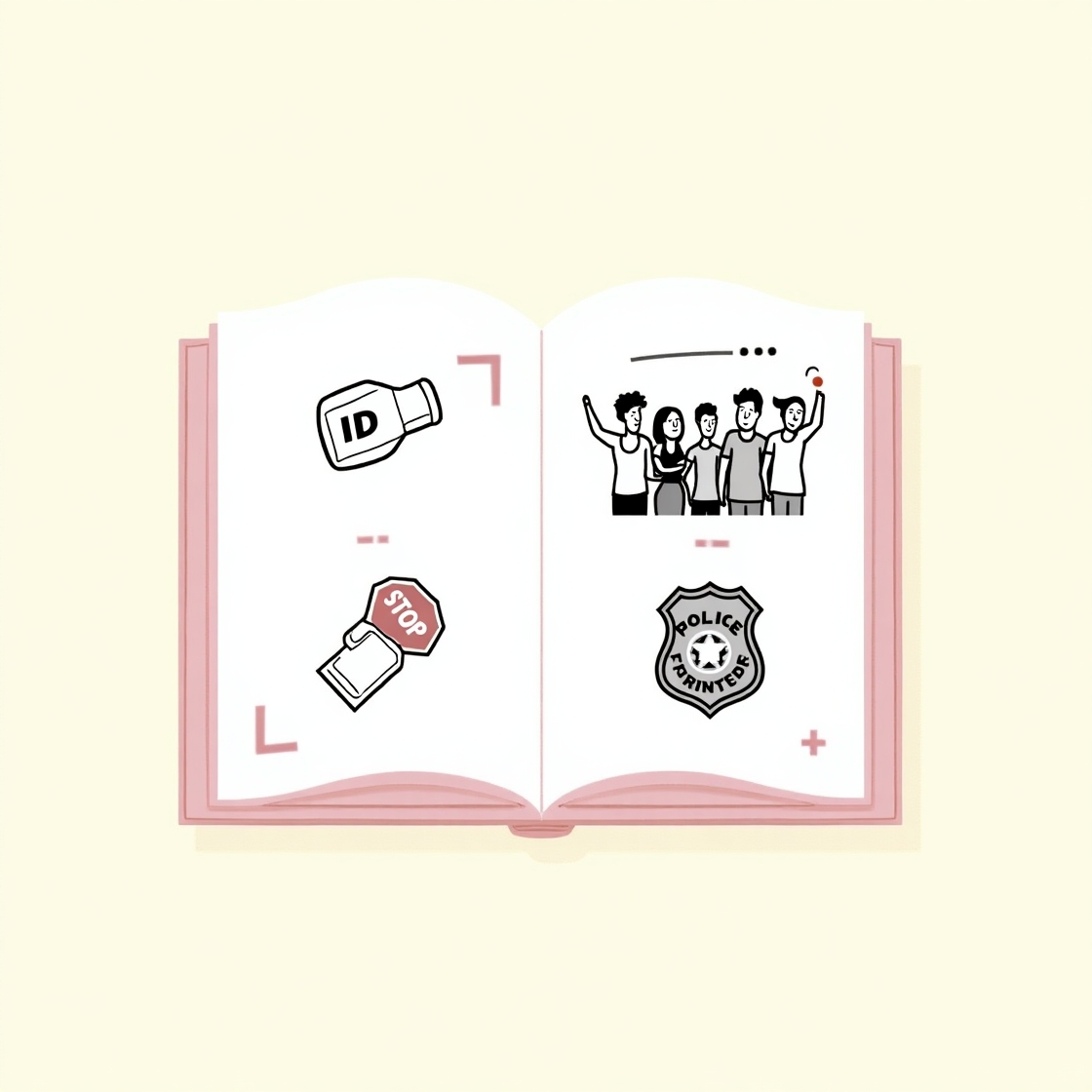If you’ve just reached the legal drinking age or are new to understanding alcohol regulations in the U.S., you might wonder why there are so many rules. From age limits and purchase hours to open container restrictions and driving laws, alcohol laws are everywhere. But they exist for important reasons—mainly your safety, and the safety of others.
This guide will walk you through why alcohol laws matter and what every new drinker should know to stay on the right side of the law (and avoid costly mistakes).
1. Legal Drinking Age: Why It’s 21
In the United States, you must be 21 years old to legally purchase and consume alcohol. This age was standardized by the National Minimum Drinking Age Act of 1984, which encouraged states to set 21 as the legal drinking age by tying it to federal highway funding.
Why 21?
- Research shows that people under 21 are more likely to be involved in alcohol-related accidents.
- The brain continues developing until around age 25, and alcohol can interfere with that process.
- It helps reduce underage drinking and drunk driving fatalities.
2. Buying Alcohol: What’s Legal and What’s Not
When buying alcohol, the rules vary depending on where you are. Some key things to know:
- Bring a valid ID: Acceptable forms include a state ID, driver’s license, or passport.
- Store hours vary: Some states restrict alcohol sales by time (e.g., no sales after 9 p.m. or before 10 a.m.).
- Sunday sales laws: Some states still restrict or prohibit alcohol sales on Sundays.
Always check your local and state laws or ask the store clerk if you’re unsure.
3. Drinking in Public: Open Container Laws
Open container laws make it illegal to drink alcohol or have an open bottle or can in public places like sidewalks, parks, or in a car.
General Rules:
- Most states prohibit open containers in vehicles.
- Many cities ban drinking alcohol in public unless it’s a permitted area (like a licensed beer garden).
Violating these rules can lead to fines or even arrest.
4. Don’t Drink and Drive: DUI Laws Explained
Driving under the influence (DUI) is a serious offense in all 50 states. The legal blood alcohol concentration (BAC) limit for drivers is 0.08%.
What You Risk:
- Fines up to thousands of dollars
- License suspension
- Jail time
- A permanent criminal record
Even if you feel “okay to drive,” it’s always safer (and smarter) to call a ride, take a taxi, or use a ride-sharing app.
5. Fake IDs: More Than Just a Joke
Using a fake ID to buy alcohol is illegal and considered a criminal offense. You could face:
- Fines
- Community service
- Suspension of your real driver’s license
- A permanent record that can affect jobs or college
6. Alcohol in College: Know the Campus Rules
Colleges often have their own rules about alcohol—especially if the school receives federal funding or is located in a dry county.
Even if you’re over 21:
- Drinking in dorms might still be prohibited.
- Hosting parties without permission could lead to academic penalties.
- University police enforce laws just like local police.
7. Traveling with Alcohol: State Rules Matter
Crossing state lines? What’s legal in one state may be illegal in another.
- Some states have dry counties where alcohol is restricted or banned.
- You might not be allowed to bring alcohol into certain parks or recreation areas.
When traveling, check the alcohol laws of your destination to avoid surprises.
8. Serving Others: Your Responsibilities
If you’re hosting a party or serving alcohol at home:
- Don’t serve minors.
- Don’t over-serve guests.
- You could be held legally responsible if someone you served causes an accident.
9. Medical Emergencies: Know When to Call for Help
Sometimes, alcohol consumption leads to serious health issues. Know these signs of alcohol poisoning:
- Vomiting
- Seizures
- Confusion or inability to stay awake
- Slow or irregular breathing
Never hesitate to call 911. Many states have “Good Samaritan” laws that protect you from legal trouble when you call for emergency help.
10. Drink Smart: Tips for New Drinkers
- Know your limit: Start slow, especially if you’re new to drinking.
- Eat before drinking: Alcohol hits harder on an empty stomach.
- Alternate with water: Stay hydrated to feel better the next day.
- Plan ahead: Have a way to get home safely.
Final Thoughts: Laws Exist to Keep You Safe
Alcohol laws might seem annoying or overly strict at first, but they’re designed to keep you and those around you safe. By understanding and respecting these laws, you’ll avoid legal trouble and enjoy your new experiences responsibly.
Whether you’re out with friends, shopping for your first bottle of wine, or hosting a get-together, a little knowledge about alcohol laws goes a long way. Cheers to staying informed and drinking smart!


